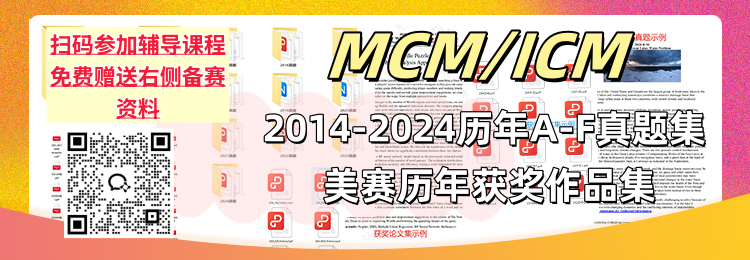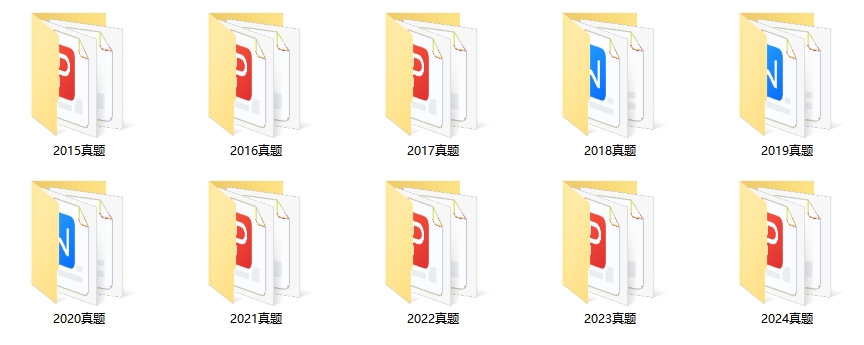问题标题:通用、去中心化、数字货币—可能吗?
年份:2019
学生等级:本科生
来源:ICM
问题
数字货币可以像传统货币一样用于买卖商品,只是它是数字化的,没有实物表现。数字货币使用户能够即时进行交易,而不受国界的限制。加密货币是数字货币的一个子集,具有隐私、去中心化、安全和加密等独特功能。加密货币在世界各地大受欢迎,从地下狂热爱好发展成为全球公认的现象。比特币和以太坊都是加密货币,其价值都在增长,而投资者预计其他加密货币(如狗狗币或瑞波币)也将快速增长。除了数字货币和加密货币外,还有新的数字金融交易方法,使用户能够仅凭电子邮件地址或指纹即时兑换货币。PayPal、Stripe、Venmo、Zelle、Apple Pay、Square Cash 和 Google Pay 等公司提供的点对点支付系统可在几秒钟内实现全球范围内的虚拟资金流动,而无需通过银行或货币兑换处验证交易。数字交易比现金和支票交易更快,因为它们不受银行政策、国界、公民身份、债务或其他社会经济因素的影响。这些新的货币体系分散了金融交易,让许多人开始思考传统银行业务可能被淘汰的世界。
对加密货币安全性的担忧让公民和经济分析师都感到担忧。这些担忧限制了加密货币在某些社区的发展。另一方面,加密货币之所以如此受欢迎,很大程度上是因为它脱离了传统的过于严格的安全和债务措施,这些措施依赖于大型银行和政府的监督。这些监督机构往往成本高昂、官僚主义严重,有时甚至腐败。一些专家认为,像区块链这样具有内部安全性的通用、分散的数字货币可以通过消除资金流动障碍来提高市场效率。这在大多数公民没有银行账户、无法投资区域或全球金融市场的国家尤为重要。然而,一些政府认为,这些货币缺乏监管和匿名性风险太大,因为它们很容易被用于非法交易,例如避税或购买非法商品。另一些人认为,安全的数字货币提供了一种更方便、更安全的金融交易形式。例如,一种普遍接受的货币将使真正的全球金融市场成为可能,并保护个人资产免受区域通胀波动和区域政府人为操纵货币的影响。如果替代数字系统变得更加成熟,那么关于数字货币将如何影响现有银行系统和国家货币的问题将会出现很多。
您的团队提交的作品应包括:
单页摘要表,
为国家领导人提供一页政策建议,
您的解决方案不超过 20 页,包括摘要和政策建议,最多 22 页。
评委希望获得完整的参考文献列表以及文内引用,但在评审过程中可能不会考虑附录。
注意:参考文献列表和任何附录均不计入 22 页的限制,并且应在完成的解决方案之后出现。
参考:
保罗·克鲁格曼,《哦,加拿大:一个被忽视的国家获得诺贝尔奖》。Slate ,1999 年 10 月 19 日。https : //slate.com/business/1999/10/o-canada.html
Stephanie Lo 和 J. Christina Wang,“比特币是货币吗?”当前的政策观点,
波士顿联邦储备银行,2014 年。https
://www.bostonfed.org/publications/current-policy-perspectives/2014/bitcoin-as-money.aspx或https://www.bostonfed.org/-/media/Documents/Workingpapers/PDF/cpp1404.pdf
词汇表:
匿名性 -未命名或未确定身份的状态;匿名的状态。
区块链——一种可以以可验证和永久的方式记录双方之间交易的记录保存技术;一个包含可在大型公开可访问的分散网络中共享和同时使用的信息的数字数据库。
加密货币——使用加密技术(通过使用代码保护信息)来保证安全的数字或虚拟货币。
数字货币 - [数字货币、电子货币、电子货币] 是一种以数字(电子)形式而非实物(硬币、纸币)形式存在的货币。
非法 –非法或不诚实。
波动 -变化或振荡;上升和下降。
货币——与货币或财务有关,或与货币在经济中供应和流通的机制有关。
国家货币 - [国家货币]由中央银行发行并在特定国家或国家集团内共同使用的货币体系;例如美元 (USD)、人民币 (RMB 或 CNY)、欧元 (EUR)、英镑 (GBP) 和日元 (JPY)。
地下邪教——隐藏或神秘的一群人,对特定的人、信仰或事物有着过度的虔诚。
题目内容过长,可到文末下载完整版中英文真题
以下是英文版真题
| Problem | |||
| Digital currency can be used like traditional currencies to buy and sell goods, except that it is digital and has no physical representation. Digital currency enables its users to make transactions instantaneously and without any concern for national borders. Cryptocurrency is a subset of digital currency with unique features of privacy, decentralization, security and encryption. Cryptocurrencies have exploded in popularity in various parts of the world; moving from an underground cult interest to a globally accepted phenomenon. Bitcoin and Ethereum, both cryptocurrencies, have grown in value, while investors are projecting rapid growth for other cryptocurrencies such as Dogecoin or Ripple. In addition to digital and cryptocurrencies, there are also new digital methods for financial transactions that enable users to instantaneously exchange money with nothing more than an email address or a thumbprint. Peer-to-peer payment systems offered by companies like PayPal, Stripe, Venmo, Zelle, Apple Pay, Square Cash, and Google Pay offer virtual movement of money across the globe in seconds without ever having to verify the transaction through a bank or currency exchange. Digital transactions outpace cash and check transactions because they are not delayed by banking policies, national borders, citizenship, debts, or other social-economic factors. These new currency systems decentralize financial transactions, leaving many to consider a world where traditional banking may become obsolete.
Concerns about security of cryptocurrencies worry both citizens and economic analysts. These concerns have constrained its growth in some communities. On the other hand, much of the popularity of cryptocurrency is due to its departure from traditional overly-restrictive security and debt measures that rely on oversight by large banks and governments. These oversight institutions are often expensive, deeply bureaucratic, and sometimes corrupt. Some experts believe that a universal, decentralized, digital currency with internal security like blockchain can make markets more efficient by eliminating barriers to the flow of money. This is particularly important in countries where the majority of citizens do not have bank accounts and are unable to invest in regional or global financial markets. Some governments, however, view the lack of regulation around these currencies and their anonymity as too risky because of how easily they can be used in illicit transactions, such as tax sheltering or purchasing illegal merchandise. Others feel that a secure digital currency offers a more convenient and safer form of financial exchange. For instance, a universally accepted currency would enable truly global financial markets and would protect individual assets against regional inflation fluctuations and artificial manipulation of currency by regional governments. If alternative digital systems become more established, there will be many questions about how digital currency will affect current banking systems and nation-based currencies. Your team’s submission should consist of:
References:
Glossary:
|
|||
完整版MCM/ICM美赛获奖论文下载⇓




